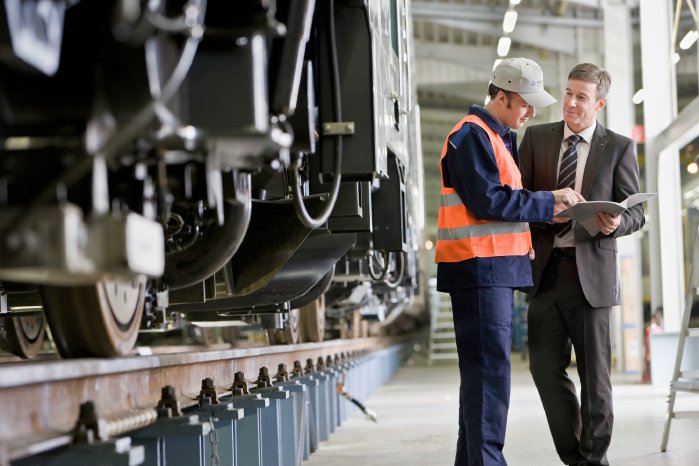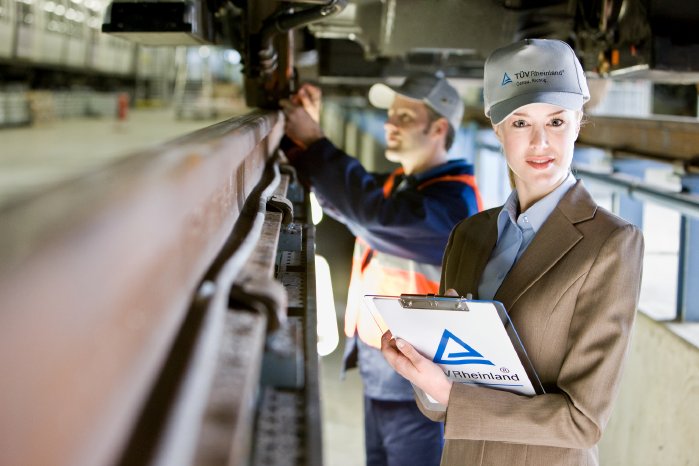Transition period ends on 16 June 2022
For ECMs, which are not only keepers of freight wagons but also keepers of all other rail vehicles entered in the National Vehicle Register or maintain the vehicles, the new Implementing Regulation has already been in force since the middle of last year. However, the corresponding certification in accordance with Regulation (EU) 2019/779 will only become mandatory at the end of the two-year transition period on 16 June 2022. At the same time, manufacturers and maintenance companies for components such as wheelsets, train protection systems or door controls can also be certified in accordance with the new ECM Regulation.
“We recommend rapid certification especially for companies that solely perform maintenance on vehicles or components. This ensures that, should the need arise, both the client and the contractor can work in accordance with the ECM requirements and thus with the same set of regulations,” explains Thomas Quernheim. A sensible strategy could be, for example, to get certified according to the new implementing regulation as soon as possible despite a remaining term of the certificate according to Regulation (EU) 445/2011. Delta audits are best suited as a gap analysis to determine the necessary need for action for a new certification as ECM according to (EU) 2019/779. Since delta audits are only intended to show the difference between the status quo and the new implementing regulation, they can be adapted to the existing audit cycles of an integrated management system.
Further information at: www.tuv.com/landingpage/de/global-rail/



